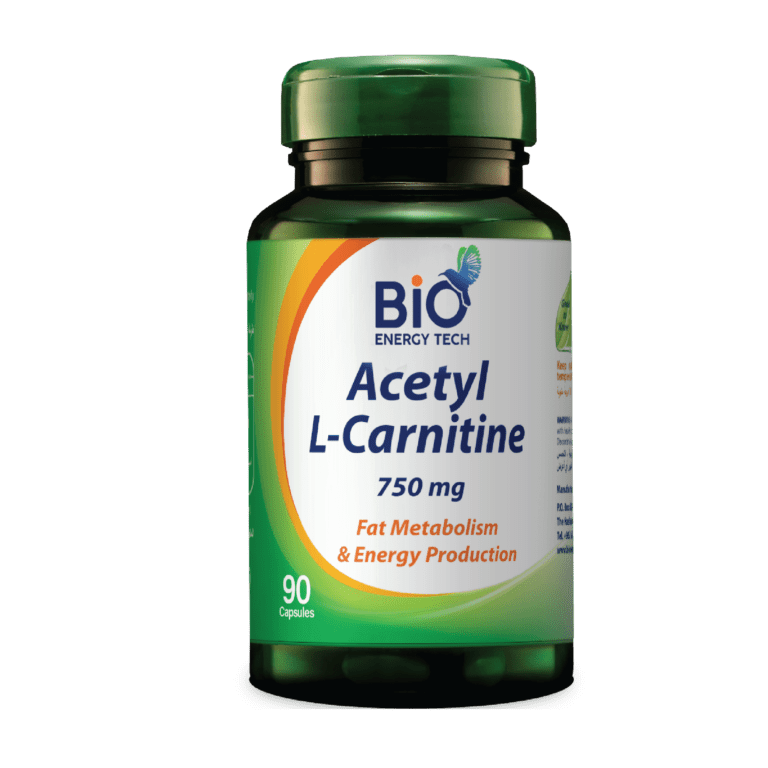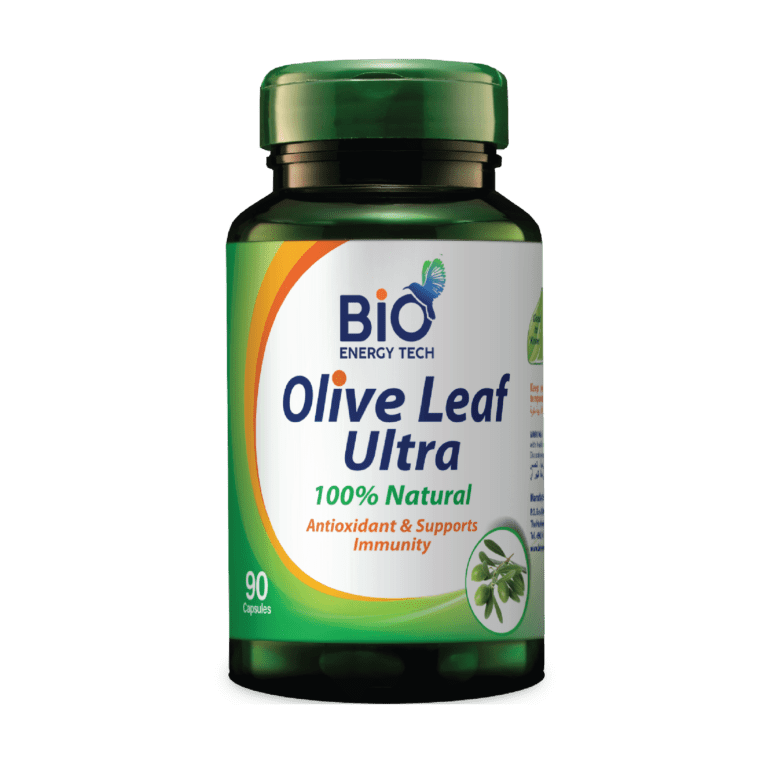The group of fat-soluble retinoids is called “vitamin A” and it includes: retinol, retinal and retinyl esters.
Vitamin A plays a role in immune function, in addition to supporting vision as the main component of rhodopsin; the protein responsible for absorbing light in retinal receptors.
Vitamin A also supports cell growth and differentiation involving the formation of the heart, lungs, kidneys etc…
Forms of Vitamin A from the Diet:
- Preformed Vitamin A: retinol and its esterified form; retinyl ester. It is found in food from animal sources such as dairy products, fish, and meat (especially liver).
- Provitamin A: The most important of these is beta-carotene. It is found in leafy vegetables and fruits.
Both forms must be metabolized within cells to yield the active forms of vitamin A; retinal and retinoic acid.
Vitamin A is stored in the liver in the form of retinyl ester. Plasma retinol levels do not reflect the limiting status of vitamin A in the body since serum retinol levels do not decrease until the level of vitamin A in the liver is nearing depletion.
Vitamin A stores in the liver can be checked indirectly by dose-response relative testing; where serum retinol is measured before and after a small amount of vitamin A is administered, a retinol increase of at least 20% indicates insufficient vitamin A.
Required Doses of Vitamin A
Dosages are based on the daily references intake (DRI) chart and specifically equivalent to the efficacy of retinol.
| Age | Males | Females | Pregnancy | Lactation |
| 0-6 months | 400 mcg | 400 mcg | – | – |
| 7-12 months | 500 mcg | 500mcg | – | – |
| 1-3 years | 300 mcg | 300 mcg | – | – |
| 4-8 years | 400 mcg | 400 mcg | – | – |
| 9-13 years | 600 mcg | 600 mcg | – | – |
| 14-18 years | 900mcg | 700 mcg | 750 mcg | 1200 mcg |
| 19-50 years | 900mcg | 700 mcg | 770 mcg | 1300 mcg |
| 51+ years | 900mcg | 700 mcg | – | – |
Vitamin A Deficiency
Statistics show that vitamin A deficiency is prevalent in developing countries due to their limited access to healthy food sources. The most vulnerable groups to this deficiency are:
- Premature babies: Vitamin A deficiency is rare in babies and occurs only in cases of malabsorption diseases. However, in the event of premature birth, the liver has not fully developed it’s vitamin A stores yet therefore, the concentration of retinol in their plasma remains low during the first year. This makes them more susceptible to developing eye diseases or chronic lung & digestive diseases.
- Infants and children in developing countries: The amount of vitamin A in breast milk is sufficient for infants during their first six months of life. Unfortunately, if the breastfeeding mother has deficiencies, this affects the availability and content of milk. Thus it becomes insufficient to maintain the vitamin stores in children.
Deficiency begins to manifest and increases in children in developing countries after they are breastfed and one of the most common symptoms is night blindness.
- Pregnant and lactating women: Pregnant and lactating women need higher amounts of vitamin A to help in fetal growth and tissue maintenance, in addition to supporting fetal metabolism. Deficiency can lead to an increased risk of anemia, growth retardation in children, night blindness and even higher maternal and child mortality.
- People with cystic fibrosis: These patients have a reduced pancreatic function, which makes it difficult to absorb fats and thus causes vitamin A deficiency.
Vitamin A & Health
Several studies were conducted to determine the effectiveness of vitamin A supplements on some diseases, and the results were as follows:
- Cancer: Several studies have examined the link between vitamin A and several types of cancer based on the role of vitamin A in regulating cell growth and differentiation. Observational studies have found a lower risk of lung cancer with a high dietary intake of beta-carotene. However, clinical studies have not supported these findings.
In one study, 18,314 smokers and ex-smokers were given vitamin A supplements over four years, while another study gave 29,133 male smokers either vitamin A supplements or a placebo for five to eight years. Neither study found an effect of vitamin A supplements in preventing lung cancer.
The evidence for the role of vitamin A supplements in reducing prostate cancer rates overlap. Some studies found a 35% lower risk of prostate cancer when taking these supplements, while others found that vitamin A had no role in reducing prostate cancer rates. The difference in results could be due to different sample sizes and their medical history which opens a door for more detailed studies to uncover the relationship of vitamin A with cancers.
- Age-related macular degeneration (AMD): This condition is considered a cause of vision loss in elderly. Although its exact pathogenesis is unknown, researchers believe that oxidative stress plays a role in its development. If this is true, then carotenoid supplements that have antioxidant properties can be useful in treating this condition.
A randomized controlled clinical study observed a 25% lower risk of AMD in high-risk participants given supplemental beta-carotene, vitamin E, copper, zinc, and vitamin C over a five-year period, compared to participants who received a placebo. Following that, many subsequent studies were conducted after manipulating the type and concentration of the supplements. Accordingly, the results differed according to each group of supplements, but had a general positive outcome.
- Measles: Measles is a major cause of high mortality rates among children in developing countries. The World Health Organization (WHO) has indicated that vitamin A deficiency is a risk factor for severe measles, so it is recommended to give children over one year of age and those with measles high oral doses (60,000 mcg) of vitamin A for two days. Studies have shown that this dose causes a reduction in the death rates associated with measles in children under two years of age, as well as a reduction in deaths related to pneumonia in children.
Vitamin A Drug Interactions
Vitamin A can interfere with some medications and some can negatively influence the level of vitamin A in the body.
- Orlistat: This weight loss medication is used to reduce the absorption of fat in the gut which also decreases the absorption of vitamin A and other fat-soluble vitamins. Consequently, supplementation with vitamins is recommended in patients who take this medicine.
- Retinoids: These are derivatives of vitamin A. Some are used to treat skin from the effects of cutaneous T-cell lymphoma, however if taken with other supplements they may increase the risk of toxicity and hypervitaminosis A.
Generally speaking, you should consult your doctor if you wish to begin taking nutritional supplements. You can also maintain an adequate nutritional intake of vitamin A through a healthy and simple diet that includes vegetables, fruits, whole grains, nuts and foods rich in protein, while staying away from saturated fats, sugar and sodium. All of which within your daily average intake of calories to prevent obesity.







